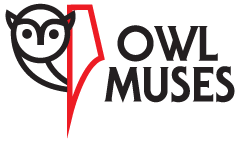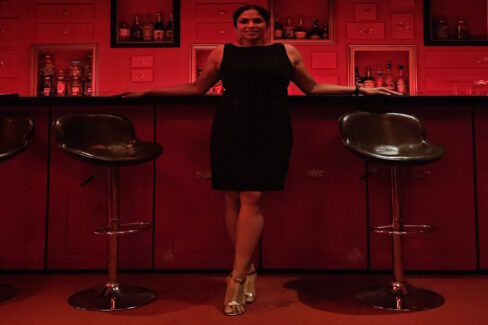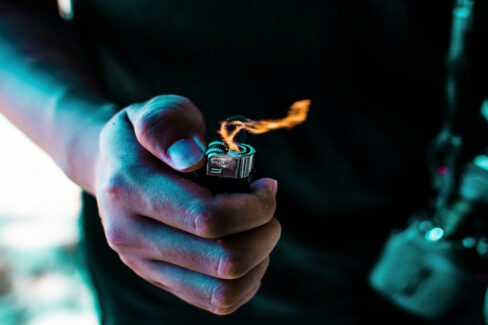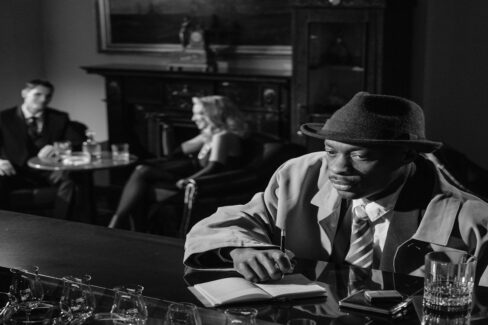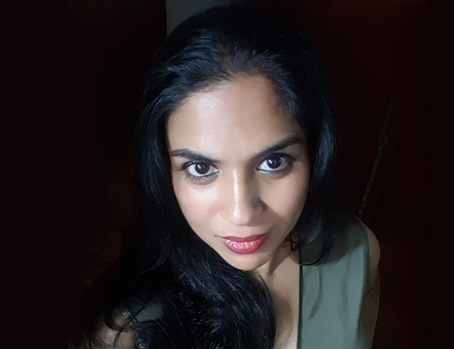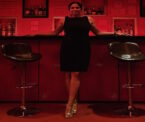Black Skin, White Mask – the world we live in today
With the mounting incidents in the US and the focus on the murder of George Floyd, the stark disparity between black and white – majority and minority – has now been right royally shoved in our faces along with all the other issues we are facing thanks to Covid 19.
I am drawn back to my uni days of learning Edward Said’s ‘Orientalism’, Post Colonial Theory, taking back our narrative and Frantz Fanon’s ‘Black Skin, White Mask’. These ideologies are alien to most people unless they choose to study the very politics that govern the Black- White or rather, the powerful and the oppressed, narrative. To date, people will read Jane Eyre and not realize the gross generalization of women from the Caribbean as portrayed through Bertha Mason and how Rochester justifies locking up a ‘mad woman’ whereas anyone who is locked up for years would go mad. Covid 19 and the lockdown should prove that to many. Jean Rhys’ ‘Wide Sargasso Sea’ would not be read by the general populace. The need to give Bertha a history is important in a world that anyway demonized those of colour, and what’s worse, those who are mixed or ‘creole’ which puts you in a limbo land which is worse than one of being black.
The very act of colonization and the colonial enterprise is a form of structural violence that a lot of the world countries were subjected to. Led primarily by European nations, the idea that one is superior to another by virtue of the things they hold as symbols or signs of ‘civilisation’ and ‘development’ and ‘culture’ is problematic in its very premise. Who is to say a nation is greater than another by virtue of one’s opinion? But politics and economics run on the very foundation of the haves and the have nots, and if you do not have a working class that can be used to produce what you want at absurd rates, your profits will plummet. In the colonial mindset, it was the guise of the civilizing mission which hid the underlying economic reason – plundering of raw materials from the colonies. To date, we are witnessing a world where the raw material suppliers are not the brand owners. You will buy De Beers diamonds but that profit will not go to Africa and the other countries from where it is mined. You will buy Ceylon Cinnamon but you will not know it’s from Sri Lanka coz it’s packeted by brands we do not own. We sell raw materials. Brand owners live elsewhere. They get the credit. They get the profit.
The world is slowly waking up to sustainable sourcing, ethical sourcing, living wages etc. Yet we’re still a long way from there. Majority people are wacking Nutella without realizing the detriment of the palm oil industry and its impact on the environment.
The colonial enterprise and the idea that the ‘Western world’ of today is ‘developed’ coz they are economically and technologically more ‘advanced’ is a problem. Looking at the USA today with its lack of basic healthcare, its blatant racism which has been simmering for years, one has to question how ‘advanced’ a ‘civilisation’ it actually is?
Even the term ‘civilisation’ is contentious. In Archaeology, it is not used any more to denote societies of the past that were structured and technologically driven. The term ‘complex societies’ is now the acceptable term. Why? Coz the idea that one is ‘civilised’ only if you have a ‘structured’ society is not fair. A society is what it is and is driven by the people in it.
Culturally, post colonial societies are still struggling under a colonial hangover. The whole Fair & Lovely debate and the skin whitening industry is rampant globally. Olay has a product which says ‘Luminous’ and ‘Brightening Cream Cleanser’ in the US, whereas in Hong Kong, Sri Lanka, India and Thailand it is called ‘Whitening Cream Cleanser’ (I personally went looking for this product. This is how I know). Plenty of Sri Lankan actresses and models are using some kind of melanin reducing injection to become ‘fair’. Marriage proposals are constantly requesting for ‘fair skinned’ women and there is the notion that fair is beautiful and dark is not. The black is beautiful campaigns are yet to fully take reign in South Asia. It’s become a tokenist movement and a sign of the ‘exotic’. Again, problematic.
In a South Asian context, not just fair skinned and dark, we also have this ethno-racial divide further exacerbated by partisan politics. Again the notion that one race is superior to another is problematic. A minority is not an inferior citizen, yet the rhetoric is constantly about the majority race being the guardians of the nation and owners of the country. In response, there has been upheaval and extremism of all races and religions. In our great quest to search for a true ‘Sri Lankan’ identity, we have lost our humanity and are following the same trap laid by the colonial masters – that of ‘divide and rule’. A narrative of power that speaks of the haves and the have nots is the same narrative we are seeing globally. In an attempt to reconcile this we are in a tug of war – either be completely partisan and over embrace your race / ethnicity / religion or get caught up in total assimilation which refuses to see the systemic biases and problems and just makes you one of the herd.
Tough choices for all but awareness is a must and systems need to change. That starts with each of us.
